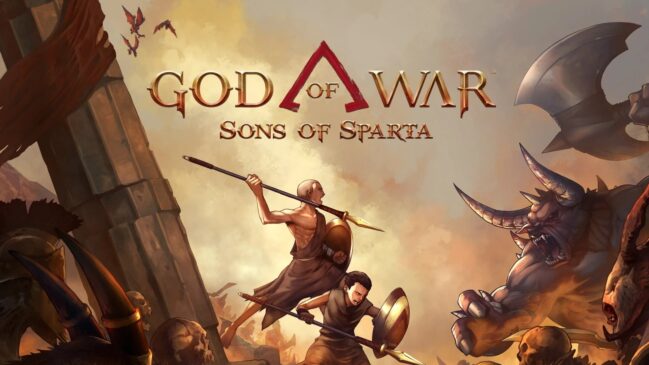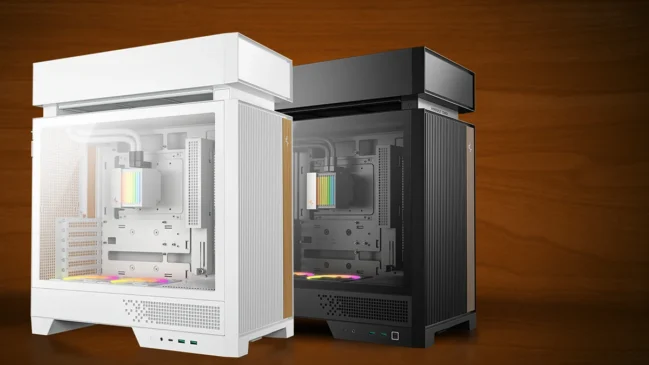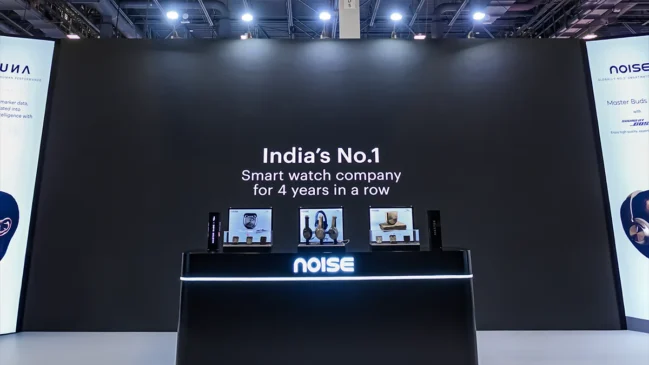
When Planet Coaster first released on PC, it took the tycoon genre by storm. For far too long the throne once held by RollerCoaster Tycoon had remained empty, and the fans wanted a more modern take on this criminally underappreciated genre. Planet Coaster understood what made the RollerCoaster Tycoon games so great and improved on almost every aspect of it. The result was a game that was not only worthy of being called the spiritual successor to RollerCoaster Tycoon, but a game that perhaps surpassed the originals.
AT A GLANCE
Genre: Simulation, Tycoon
Developer: Frontier Developments
Publisher: Frontier Developments
Release Date: 10th November 2020(Consoles)
Platforms: PlayStation 4(Reviewed), Xbox One, PlayStation 5, Xbox Series
Final Score: 9/10
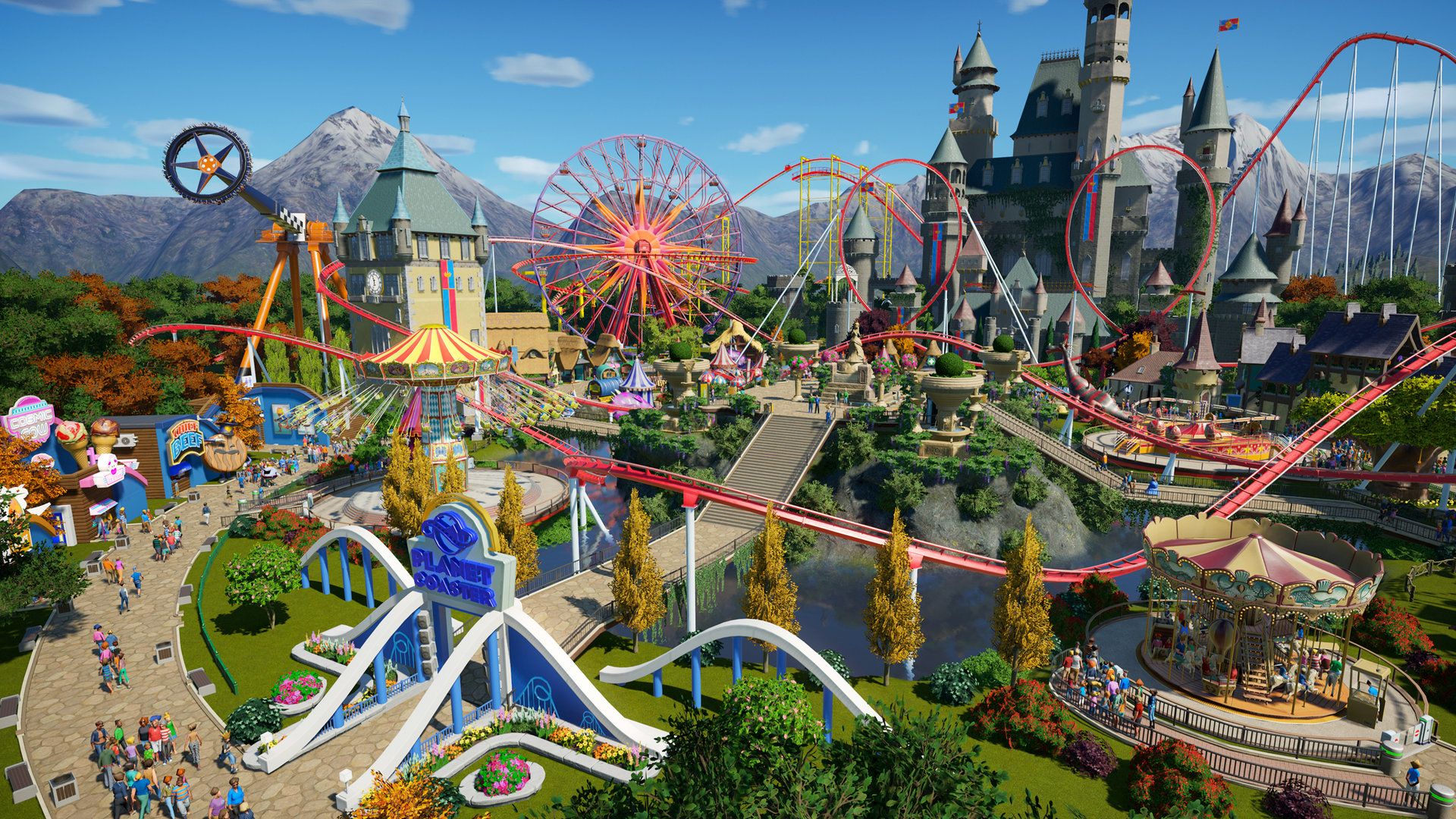
Now, after 4 years since being released on Steam, Planet Coaster finally arrives on consoles. Frontier is no stranger to porting their sim games to consoles, despite the challenges present with such a genre that requires fine control. Jurassic World Evolution was ported earlier on, and was a very enjoyable on the PS4, although with some caveats. Planet Coaster Console Edition also makes creative use of the limited controls on offer, and with some very small limitations, manages to faithfully recreate the experience that is offered on PC.
Frontier has done a very admirable job with utilizing the console control scheme to it’s full potential. Navigating layers of UI is never an headache, with shortcuts being mapped to the face buttons depending on which menu you are in. The camera takes a bit getting used to , as it cannot offer the degree of finesse a mouse can, but it snaps up to objects and flies around the map generally without misbehaving.
The main offering of Planet Coaster is certainly the sandbox mode, which allows players to immediately explore the full potential of the playground editor. But for players new to the game, and the genre itself, the career mode is a much less daunting option. It takes the players through a series of missions that gradually introduce and explain the various mechanics in the game. Challenge mode is like sandbox mode but with restrictions and require the player to build their empire from the ground up.
In career mode, you are given a set of tasks by a colorful cast of characters, and each level progressive gets harder. These levels have a small amount of story to them, and the objectives can vary, but the main objective is always the same. Build a park worthy of the price of admission, earn money, create bigger and more awesome rides, and attract more people.
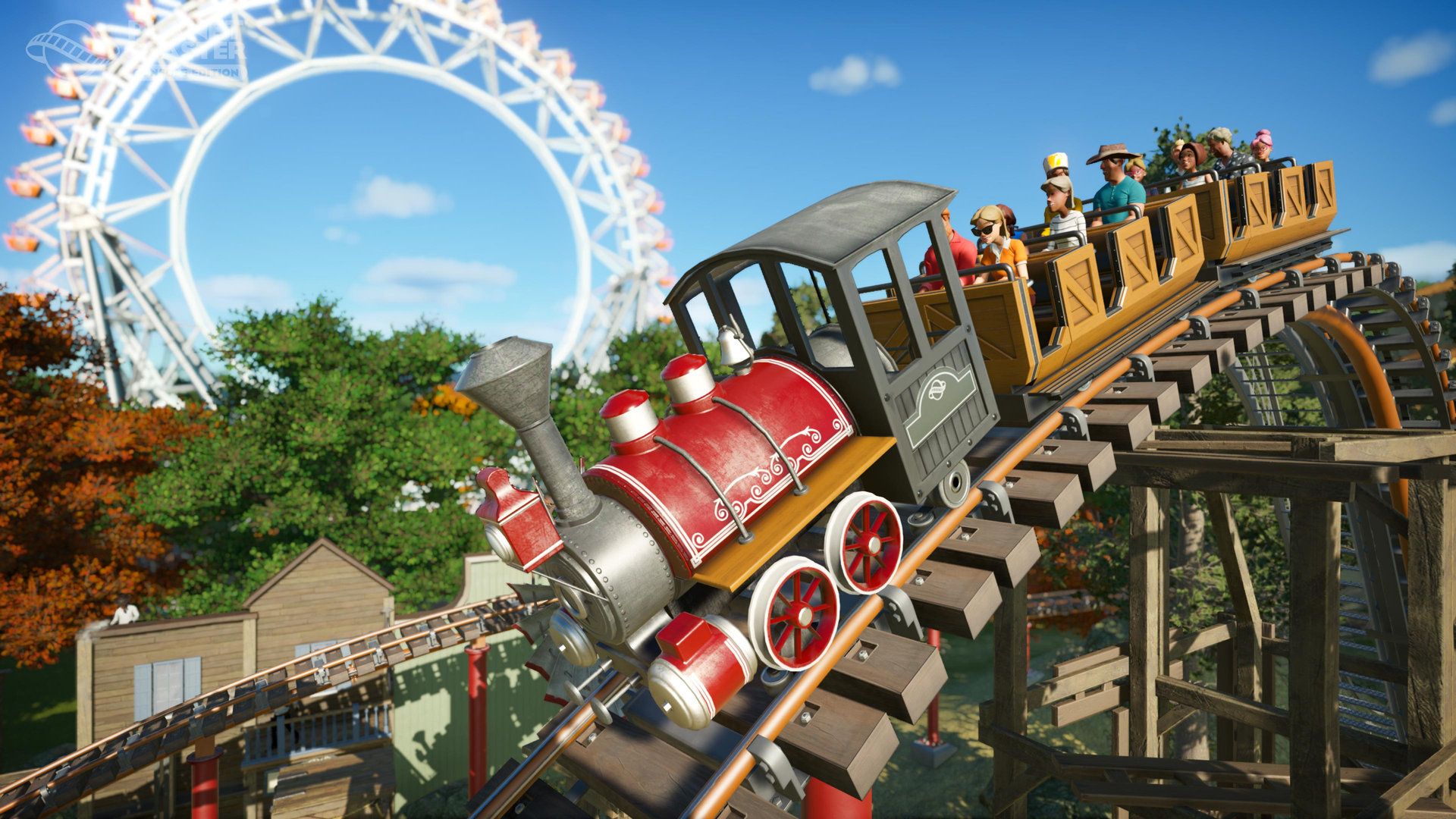
The best thing about Planet Coaster is that it can be as hard as you want or as casual as you want to. Although early on in the career mode, you might have to stick to one playstyle to reach your goals, the sandbox mode and some of the more open-ended levels in career mode allow you to exercise your creative freedom to its maximum potential. The challenge mode is perhaps where most players who prefer a challenge will spend their time, as unlike career mode there is no handholding, and you will have to adapt to the conditions thrown by the game in order to win these scenarios.
Because at its core, Planet Coaster is a tycoon game, the economy is a big part of the mechanics. Your primary objective is to earn money so that you can purchase bigger attractions and continue paying your staff. Expand your park too quickly without enough avenues of income, and you will quickly run the park into bankruptcy. You must prioritize building a healthy source of earning money, by building shops and exciting rides, hiring only as many employees as you must. Figuring out correct pricing for tickets and shops is also important, as park visitors might be less willing to purchase something if it’s too expensive and not worth it. Despite being daunting at first, managing your budget becomes less of a hassle once you understand the basics of park building and have built a park capable of sustaining itself.
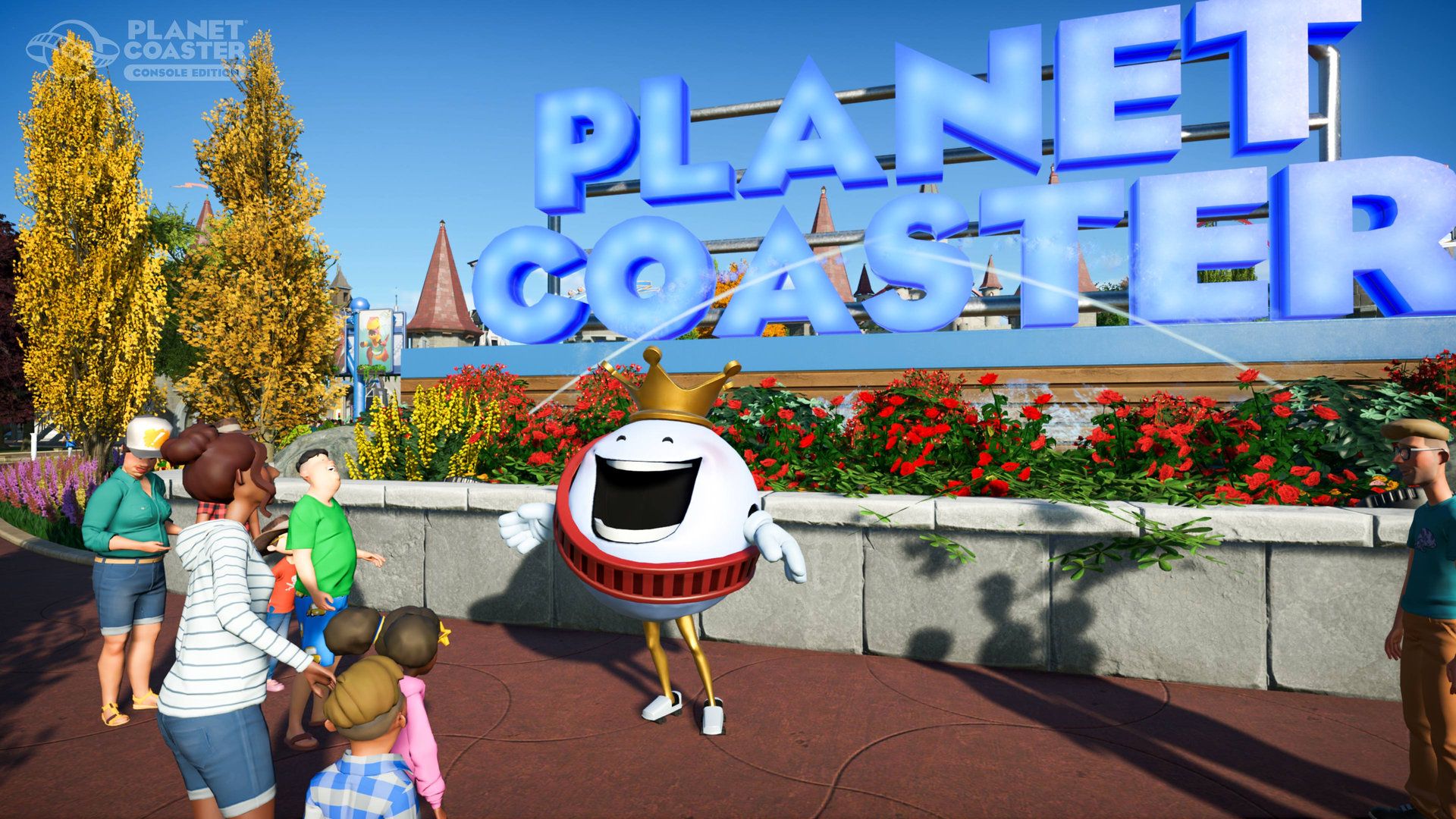
Once you earn enough money and feel that you have reached maximum potential with the tools at hand, you can research new rides and shops. Building coasters using the controller is a bit of a challenge using the controller, but thankfully you can download pre-built and community-made rides. With some patience, however, I am sure some people will be able to build the rollercoaster of their dreams.
Visually, the art style adapted by Planet Coaster is fitting. The art style is chibi-like for human beings and cartoonish for the rides and objects, but the aesthetics suit the game well. It’s gorgeous, clean and I feel it helps to digest the otherwise complex nature of building the parks.
The game runs pretty well on the base PS4, with a mostly stable framerate. There is however a restriction on the number of objects you can add to the park, using the in-game Oswald-Eugene counter that prevents you from taxing your console too hard. This counter depends from console to console and is a lot less restrictive on the next-gen offerings but you can still create a pretty decent park on the PS4.
So is Planet Coaster worth it on consoles? Absolutely yes. I feel that the controls are smooth enough and despite the limitations to the park building, you can still flex your creative juices enough. PC is of course, still the way superior offering, from a technical perspective, but it’s still awesome that players from different platforms can play a genre that has traditionally stuck to one platform.

